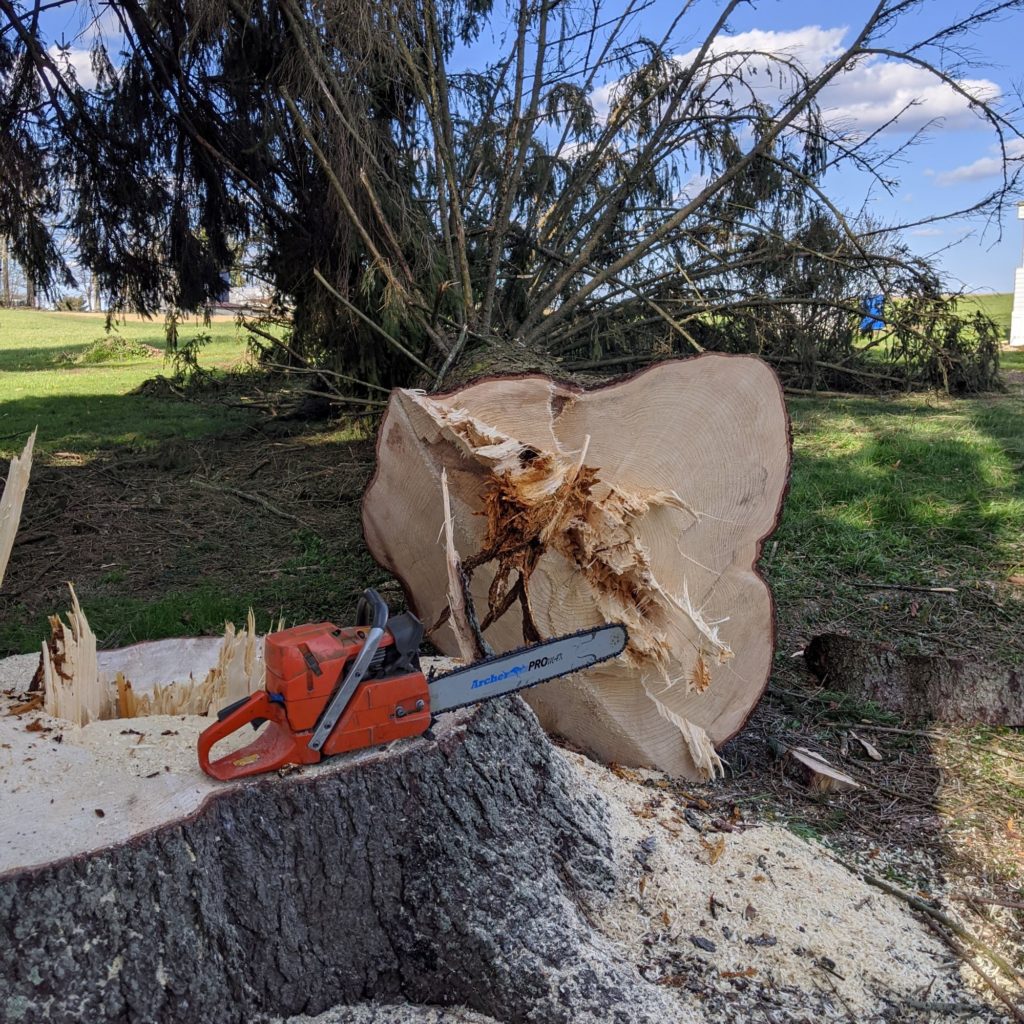I worry more than I should.
I am 34 and have lived long enough to know what it is to lose—to lose a dream, to lose a child, to lose a friend.
My instinct is to hold on.
So much of my life has been learning to let go. And so much of my life finds me the next morning, still clutching for all I am worth.
I woke this morning at 3:30 and stayed awake until daylight, worrying over certain symptoms I was experiencing, worrying over losing my child. I worried until 6:30 when I called my doctor before office hours and heard that my symptoms were normal (but that I should let her know if they continued).
“The art of losing isn’t hard to master;” writes Elizabeth Bishop in her poem “One Art.”
so many things seem filled with the intent to be lost that their loss is no disaster.
Ms. Bishop writes about losing things . . . car keys, a house, a continent, a loved one. She says it is easy to lose things . . . but the fact that she says it makes us know that she lies. I love her poem. Read it.
Her words make me think of all the losses we experience in life, sometimes tiny, sometimes significant. Babies lose their hair. Six-year-olds lose their teeth. Young women lose their virginity. Old men lose their memories. Each loss has its replacement, sometimes better, sometimes worse.
I have no words of wisdom for how to approach loss. The words I would say you already know. And I feel that to say them would be hypocritical, for I am still learning.
Last week I wrote about several people I know who approach loss with grace. I want to learn from people like these.
I think when we have no trust, no sense of a greater power, we clutch. When we gain wisdom, a sense of our own smallness, we release.
But letting go is hard.
The Ecclesiastes writer said that the day of one’s death is better than the day of one’s birth. Maybe he said that because he knew that on the day of one’s death, all losing and all gaining has ceased.
Finally, on the day of one’s death, what is, is. What you are is what you will be. Where the tree falls, there it will lie for eternity.
Only I am not sure I believe that completely. I think we will still learn after we die. Still grow and explore.
I know there are things we will lose.
We will lose marriage. (Matt. 22:30) We will lose the earth. We will lose the ocean. (Rev. 21:1) We will lose sorrow, tears, and pain. We will lose death. (Rev. 21:4) We will lose defilement. We will lose lies. (Rev. 21:27) We will lose the curse. (Rev. 22:3) We will lose nighttime. We will lose the sun. (Rev. 22:5)
We will gain the Son.
Even so come, Lord Jesus. Losing like this I can handle.

Excellent, Luci! Thank you!
The only constant in life is change. And whether we like it or not, change is often about loss. Loss is usually connected with negative feelings, but loss can be a good thing, and bring great happiness, if we look at it with the right perspective. It takes the grace of God to be able to do that and, sadly, there are too many people who do not know God’s grace. That rather lays a great responsibility on those who do know God’s grace, to live it, to help lift loads, and to share God’s love as we are given the opportunity.
These are wise and beautiful thoughts, Teckla. Thank you.
I like this post, is so true
I like this post, is so true. Life in this world!!
Loved this, Luci! May we as Christians learn the art of losing the things which are seen in this life, so that we can gain the things which are not seen in the next! Thank you for this reminder! ❤️